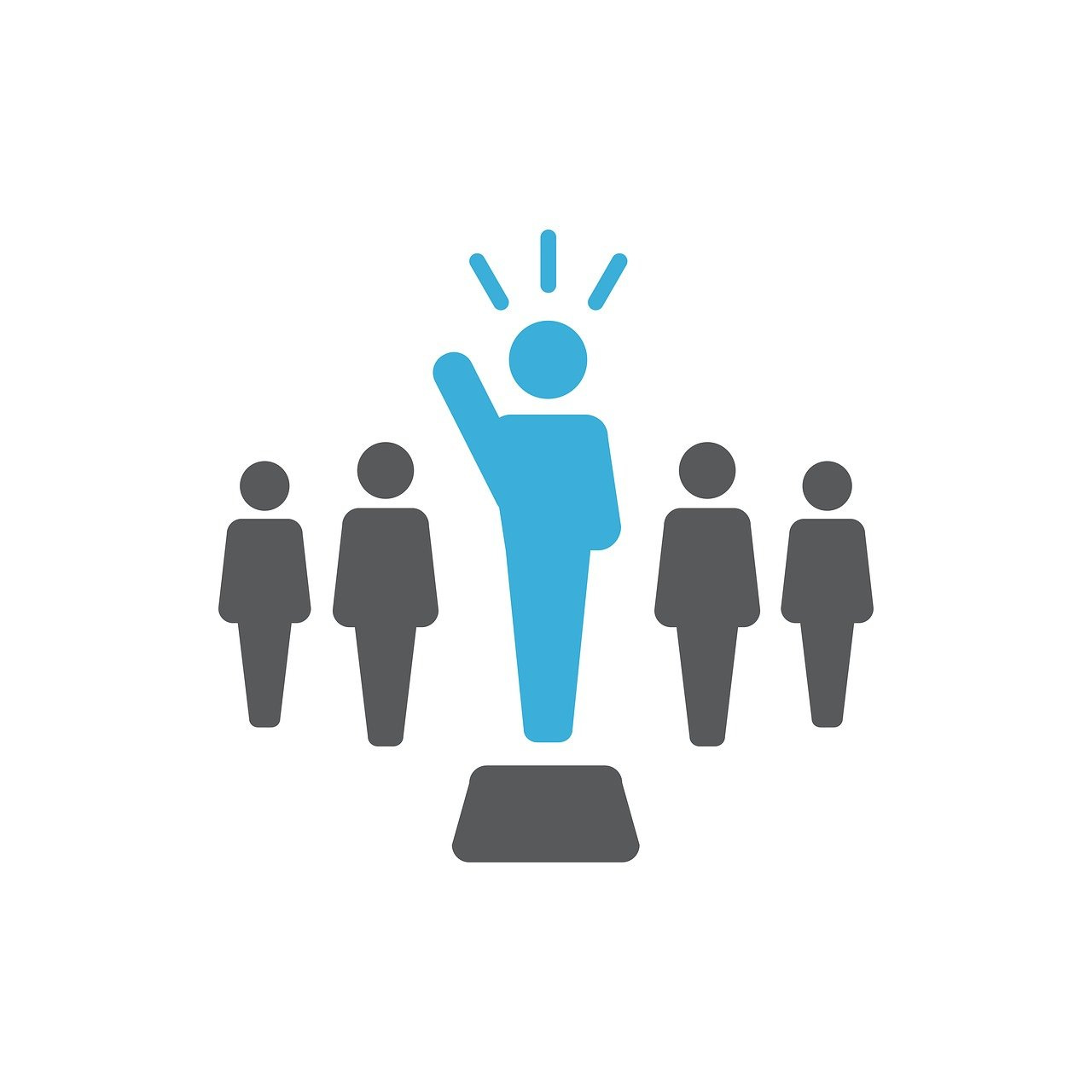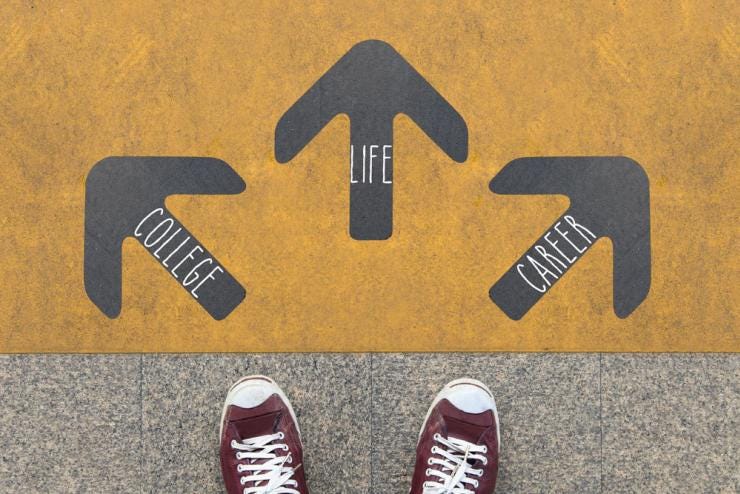Adjusting, Class Moderator, Writing Romance, and Digital Minimalism
My experiences, activities, ideas and favorite media from this week
Housekeeping
Hello everyone! Welcome back to my newsletter. I hope you all had a great week. As usual, this post will be a recap of my week. I am aware that I missed the weekly recap post last week, but I made up for it with the two posts on notetaking and study tips (hehe). In this post, I talk about my experience with adjusting to a tough schedule shift, being the moderator of a class, writing a romance story, and one super interesting media.
Recap
Overall, this week I was adjusting to my new challenging school schedule. It’s been difficult, but I am slowly getting there. In addition, I put my ideas from my previous newsletter on notetaking and study techniques to practice while studying for two back-to-back exams. I look forward to less studying and more room for exploring in the upcoming week.
Adjusting to a new schedule
Last week, I had two major changes in my school schedule. Prior to that week, I started school 2nd period (around 9 am); however, that week I started taking the college precalculus course during 0 period (6:55 am). I also have gym during 1st period. Going from starting at 9 am to starting at 7 am definitely challenged me. I had to get used to waking up at 5 am and sleeping before 9 pm. I didn’t mind waking up early though. However, since I come home around 6:30 pm, I hardly have much time to do homework or any personal work in addition to showering, eating, etc. This week was the second week of this schedule, so I adjusted better to it than I had the first week. I still get frustrated with the lack of free time I have at home.

Despite how difficult it was, I was up for the challenge. I buckled down on my time management. Coming home that late and sleeping that early meant that I could not have any homework to do during the evening. So, I made it a priority to finish all homework at school and during transit. I’ve been successful at that. Ideally, I would use the time at home to learn coding or work on a personal project like my newsletter, but this week was filled with studying mainly since I had two tests coming up. Having my weekly plan laid out beforehand definitely helped me by providing clarity on what I needed to do at each “free” time block I had. For example, I planned out what I would be doing during lunch break at school, or during my commute to school and back home. That way, I removed the layer of uncertainty and got to work right away.
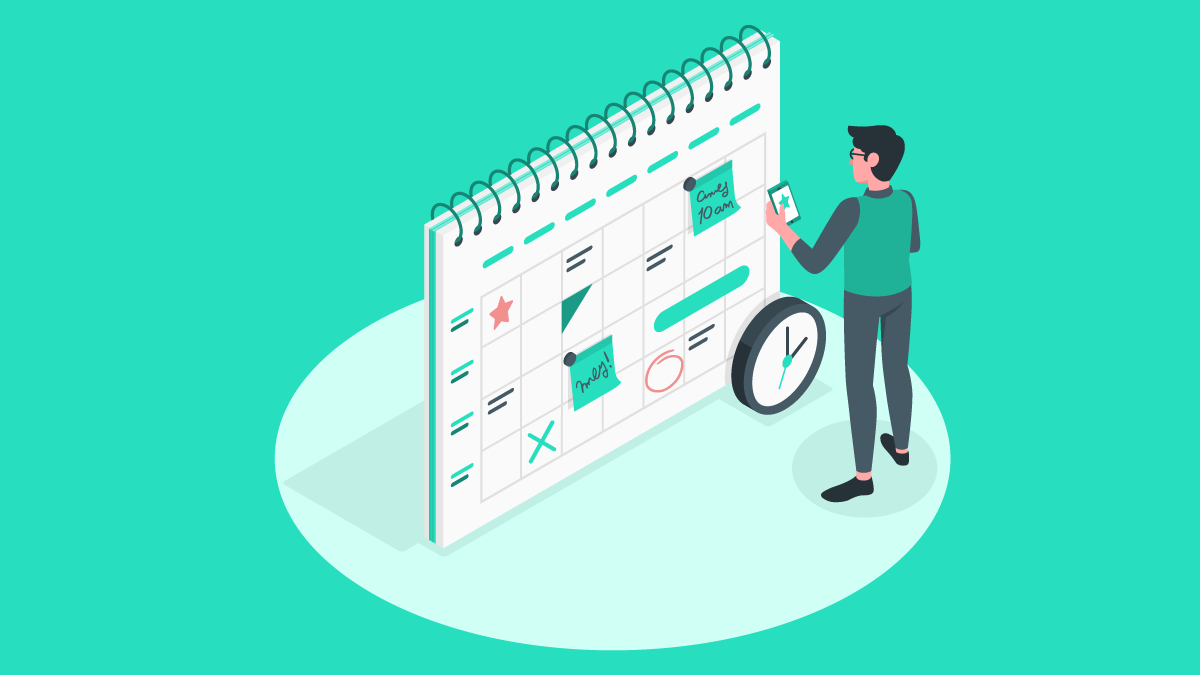
Besides the time pressure, the new schedule also affects my physical energy levels. Unlike in the past, when I got home the last two weeks, I would feel more tired and focusing became difficult. Part of that tiredness may be due to my weird and unusual eating schedule, which I’m also trying to adjust to.
The point is that there will be times when there are sudden shifts in our schedules. The best way to deal with it is by embracing the challenge and putting your best foot forward. For me, planning ahead was a big one. Also, inspired by what I read in How to Be a High School Superstar, I exerted energy into finishing homework at school and studying for tests efficiently. By maximizing the things, I can control, I reduced the stress and uncertainty from things I can’t control.
Studying Using the QEC Method
As I hinted at in the last segment, I spent a lot of my time this week studying for my AP government tests. It’s fitting that I wrote about the study techniques last weekend. I implemented them as soon as I published that post. Although not all tips are exactly applicable to my context. In Particular, I implemented the QEC (question/answer/conclusion) method, suggested by Cal Newport. Typically, I would just watch videos, read over twenty saturated pages from the textbook chapters, and take notes in bullet point format (sounds familiar?) This is exactly what Cal described as the rote review, which is ineffective for recalling information. Instead, this week as I read the chapters, I only took big-picture notes for every important topic, then I turned the information into a Question, and hid the answer using Notion’s toggle function. That way, instead of just reading off the notes, I’m actively trying to answer the question when I study that topic.
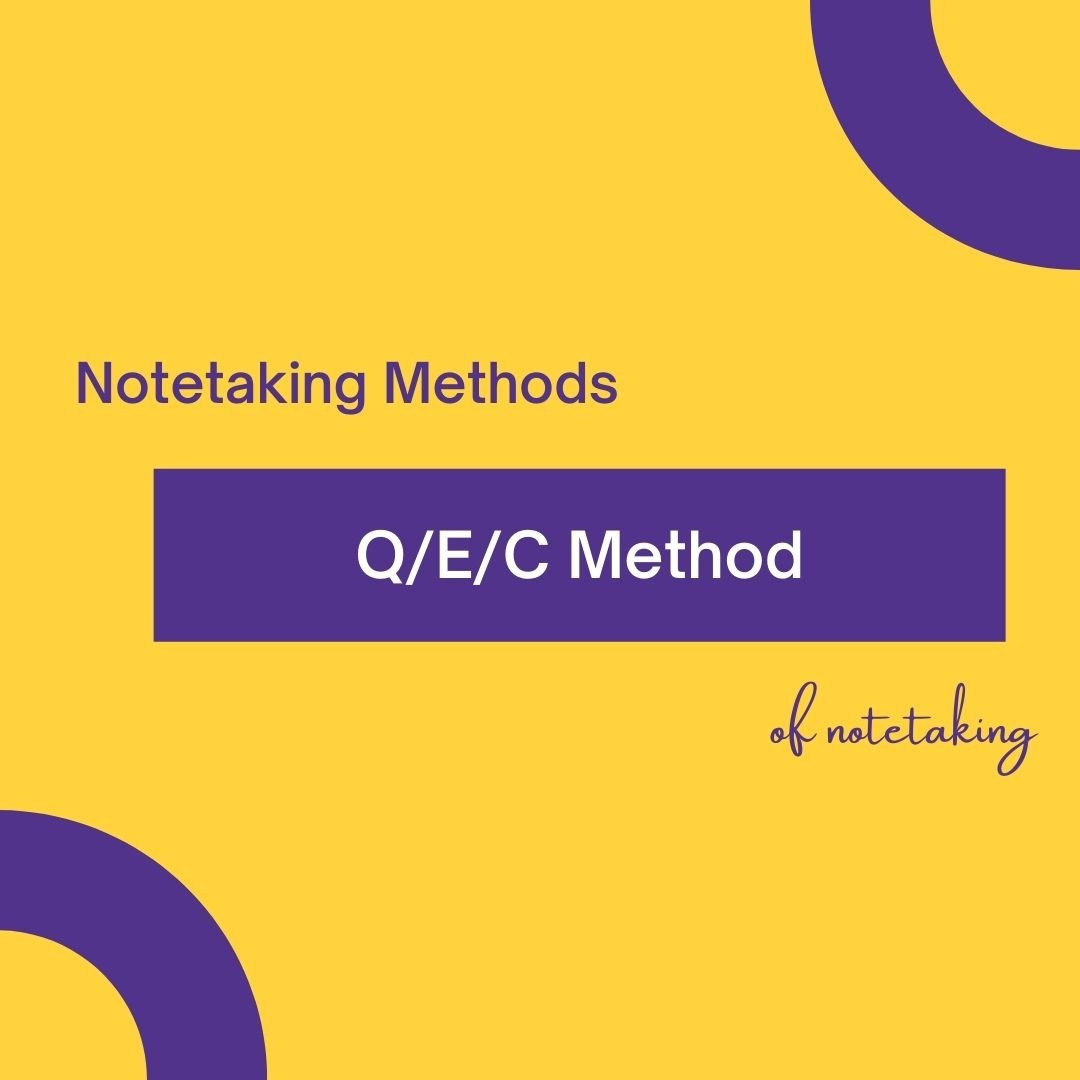
For example:
When I read about the topic “The President’s Role as the Manager of Economy”
Some of the Evidence in the book were:
The President appoints the Chair of the Federal Reserve Board
The Federal Reserve Board monitors financial systems, controls the monetary system.
The Fed Chair oversees the large actions of the Board.
As I read this evidence along with the rest of the saturated information
I came up with the Conclusion:
The President influences the economy mostly by appointing the Fed chair, who oversees this board and manages monetary policies, interest rate hikes, etc.
Then after I got through the chapter, I came back to add a question for each of these conclusions. In this case, the Question was:
How does the president play his role as the Manager of the Economy?
I know that I did the Method backward here, but it still serves the same purpose. Instead of rereading what I wrote down, I answered my self-made question with the conclusion in my own words.
I can’t guarantee the effectiveness of this method since I don’t have a proper way of measuring it as of now. However, this method of studying was significantly less time-consuming and more “fun” for me because I did not have to write down every single piece of “Important information.” When I got to studying the material, I just tried to answer the “Question” out loud or silently depending on the location. I found that I retained more information this way as I understood the underlying concept and how it connected with the other topics. Since the conclusions were made up of my own words, it was easy to recall.
I highly suggest this method for studying subjects where there is a lot of reading and understanding concepts like history, biology, etc. Although, at first it might seem that making the questions and conclusions are time-consuming, they pay off later when you are reviewing the material or when you study for midterms or final exams. Additionally, I am positive that the time to create the questions and conclusions will plummet with repetition.
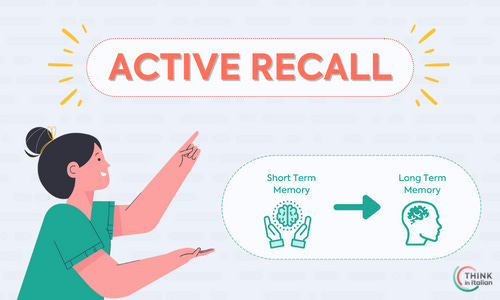
Elected As the Class Moderator
Another highlight of my week was becoming the moderator of my Ap government class. For context, my class holds Socratic seminars and debates frequently and there are usually two moderators who lead the seminars and debates by asking questions, providing directions, rules, and general moderation. I am usually extremely eager to participate in our seminars. However, as a participant, I noticed the questions were sometimes shallow and there was a lack of moderation at times. I longed to take the place of the moderator because I genuinely believed I would be able to lead a more efficient, deep discussion. We held an election for new moderators this week and I was elected as the first moderator (woohoo). The following day, I held my first seminar as the new moderator, along with my co-moderator. I value leadership and I thought that being a moderator was another step towards improving at it. The first seminar went smoothly. I changed two of the rules to make the seminar more open-ended. My classmates participated eagerly several times and I concluded the seminar with a summary of what we discussed right before the bell rang. My goal as a moderator is to 1. make it comfortable for the participants to engage in discussions and 2. Promote deep and intellectual discussions based on the assigned topic. I am excited to improve in this role in the coming seminars and debates.
Conversations with College Counselor
Another small victory for this week was conversing with my college counselor about deep and meaningful topics. I visited the college office at my school this week several times. Unlike usual, I sparked up a conversation with my college counselor on one of the days. At first, I mentioned how I joke with my friends about being a college counselor due to my knowledge and experience in the college application process. I joked about being her intern and she seemed to be accepting of it. It was refreshing and insightful when I talked about my varying interest in computer science, psychology, teaching, and helping my friends with college applications. We talked about potential careers and majors for me, and I explained to her my thought process and referenced So Good They Can't Ignore You (which should be familiar to my readers). She seemed convinced by my explanation of choosing interest over passion when it comes to a long-time career. Over the next few days, we talked more about professions that fit me and I explained my interest in writing as well as mentioned my newsletter. She suggested trying to do Ted talks in the future since I also mentioned my interest in public speaking. Overall, it was amazing to talk about my interests with someone that has experience with college and career. It holds great meaning to me because I don’t usually talk about these deeper topics with teachers. Also, unlike usual, I initiated and guided the conversation, which boosted my courage and confidence. Coincidentally, this week also happened to be school counselors' week :)
Romance Story
Another fun part of my week was writing a romance story for my creative writing class. This week’s prompt was to write a romance story in celebration of Valentine's Day. At first, I struggled because I don’t read or watch romance, so I was unfamiliar with the techniques. I started by just reading short romance stories and looking back at Romance Anime I’ve watched for inspiration. As I scribbled words in my notebook, I was immersed in writing. I thought of many different plots, but I wasn’t sure how I would execute them. My teacher did provide us with a guideline, which included key elements (dialogue - flirting, conflict, vulnerability, climax) of a short romance story. After drafting the setting of a plot, I changed my mind several times as I was conflicted with the pacing and the length of the story. For context, usually, we share these stories out loud in class, so it couldn’t be too long. However, after browsing for ideas in my mind, one finally stuck as I was writing. I was ecstatic. I stuck with that idea and yesterday, I spent several hours writing, editing, and polishing it. After finishing the final draft, I hadn’t realized how long I had spent writing. I lost track of time, which signaled that I genuinely had fun writing. That was my goal. The story sounded like a real short story written by an author. I sent it to my friends to read and generally, they enjoyed it. They also gave feedback, which I am excited to incorporate to improve the story. It was something new for me, but I embraced the fun of writing and I love the product. I won’t spoil the story for certain purposes, but the story was based on a cafe, where two characters slowly grew a liking for each other through their flirty and personal conversation. The setting and characters were inspired by the anime Tokyo Ghoul.
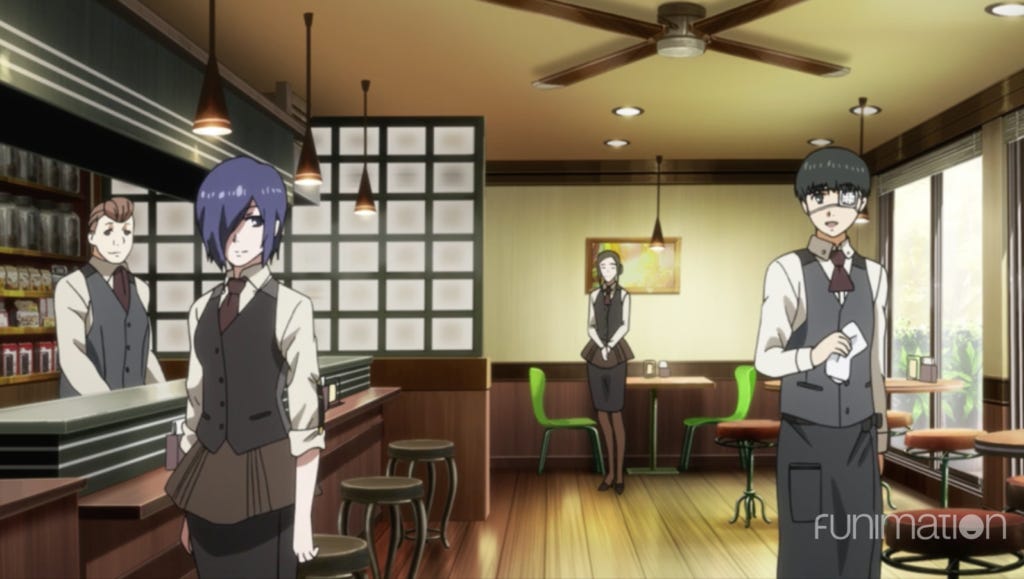
Media
Digital Minimalism by Cal Newport
Unfortunately, I didn’t read as much during the weekdays. However, I continued to indulge in my interest in Digital Minimalism by Cal Newport, this weekend. Digital minimalism is Cal’s guide on intentionally using technology to benefit our values. After reading the first few pages of the book, I was greatly intrigued, and I continued. Cal describes the general problem with our relationship with technology in an increasingly noisy world. He also mentions that ad-hoc strategies used by many to gain control of their life from mindless technology use usually doesn’t last. These ad-hoc strategies include deleting apps, turning off notifications, and doing digital sabbaths. When I first read this, I was shocked as I recently just completed a 30-day challenge inspired by How to Break Up With Your Phone by Catherine Price. It’s not that these methods are not effective, they are not lasting. It’s like taking away alcohol from an alcoholic, he’ll find other ways to obtain it.
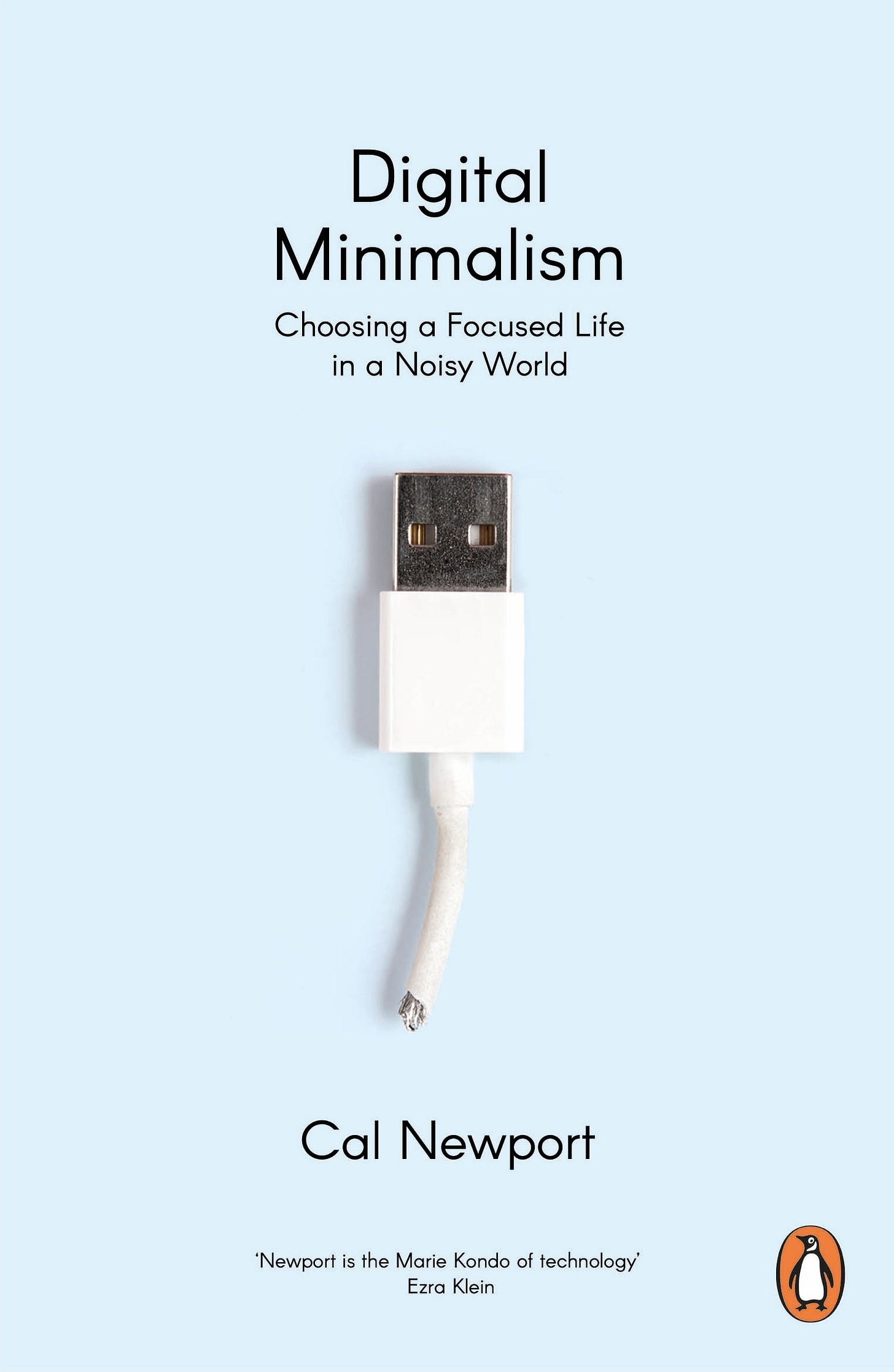
Instead, Cal introduces the method of Digital Minimalism: “a philosophy of technology use in which you focus your online time on a small number of carefully selected and optimized activities that strongly support things you value, and then happily miss out on everything else.” He suggests that we need to understand the philosophy behind why we are so attracted to our devices and work backward to understand how they can help achieve our goals and values. He encourages the idea that we should only use digital features that strongly support things we value, instead of using something just because it has some unpredictable temporary value. Cal is big on the idea of curating your life values first, then adding tools to add to those values. For example, let’s say that one uses social media for “social connections” because that’s something one values. Now let’s consider the best ways to achieve that. Do you think texting people on Instagram about shallow topics is the best method? Or maybe joining a club at school to talk to like-minded people in person, or joining a local community to meet new people would be more effective? I hope you can see that the latter examples are a more effective, authentic way of achieving that particular goal. However, on the flip slide, social media can be good for promoting one’s work or creation and getting inspiration from professionals.
The general idea Cal proposes is that you should only use a digital service or app only if it's the best way to achieve the desired goal/value or result. In contrast, a maximalist would quickly download a new app if there's a slight chance of something valuable in it (even if it’s not guaranteed). I’ve fallen into the trap of that method in the past. It leads to wasteful consumption and waste of our time. For this post, I won’t elaborate further, but if these ideas intrigued you so far, definitely check out the book here. I may make a post later next week about some ideas from this book.
Thank you so much for reading! I hope you found some of my breakdowns and ideas useful. If you enjoyed reading, please consider liking this post and subscribing to my newsletter.


